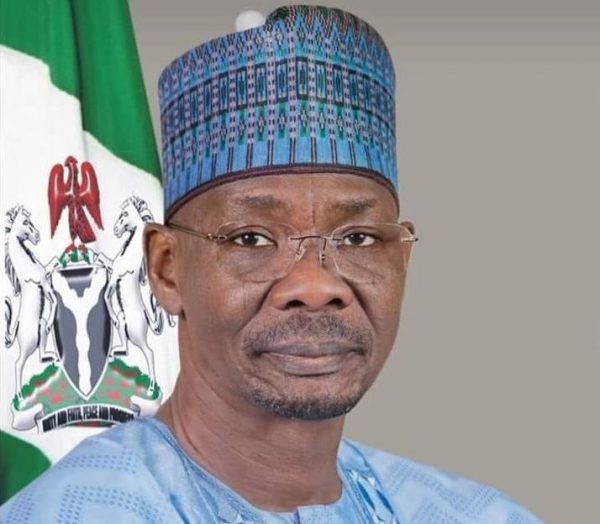
Nasarawa State Government has commence the implementation of eight point three billion naira COVID-19 Action Recovery and Economic Stimulus NG-CARES programme for poor and vulnerable persons in the state.
The State Coordinator of NG-CARES Malam Umar Dahiru, stated this while briefing newsmen in Lafia, the state capital.
The State Coordinator explained that the NG-CARES programme is a state-focused programme developed by a tripartite agreement which includes the World Bank, Federal and State Governments.
He added that, the programme was aimed at combating the economic effects of the COVID-19 pandemic, specifically for poor and vulnerable segment of the society.
According to him, out of the eight point three billion naira for the programme, Government had already released one point one billion naira for the implementation of the programme in the state.
He added that about 120, 000 poor and vulnerable persons would benefit directly from the programme through stipends and provision of farm inputs among others across the thirteen Local Government Areas of the state.
“We are starting with 43, 000 persons in the next six months and in the next two years all the 120, 000 persons will benefit.
“Apart from the direct beneficiaries, we are hopeful that over 1 million persons will also benefit indirectly from the interventions,” he added.
The Nasarawa State Coordinator also said that 17 rural roads totalling 165 kilometers across the state would be constructed in the next two years.
He further mentioned other areas areas of the interventions by NG-CARES programme to includes; social transfer support to livelihood of poor and vulnerable who are chronically ill, aged and living with disability.
Others are; public workers for poor and vulnerable youths and women from communities, micro projects to poor communities with basic infrastructures in education, health, nutrition, water and sanitation.
Provision of farm inputs and services such as seed, fertiliser and herbicides, rehabilitation of rural roads and provision of access to poor and rural farming communities from the farmers to markets.
COV/Aliyu Muraki
